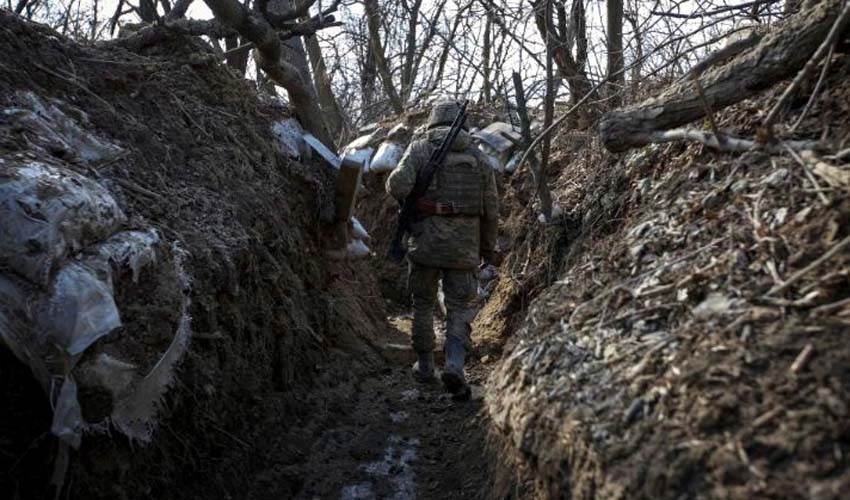Tesla’s Elon Musk found not liable in lawsuit over 2018 ‘funding secure’ tweets
U.S. anti-securities fraud law “has always been considered this great barrier against misrepresentations and lies,” he said. “This result makes you wonder if it’s up to the task in advanced markets,” he said, adding that Musk himself was likely to “double down” on his communications strategy after the decision.
Musk’s attention has been split in recent months between Tesla, his rocket company SpaceX and now Twitter. Tesla investors have expressed concerns that running a social media company has taken up too much of their attention.
‘Poor choice of words’
Tesla shareholders claimed Musk misled them when he tweeted on August 7, 2018, that he was considering taking the company private for $420 per share, a premium of about 23 percent to the previous day’s close. , and it has “secured funding.”
They say Musk lied when he tweeted later that day that “investor support has been confirmed.”
The stock price rose after the tweets and then fell again after August 17, 2018, as it became clear that the purchase would not take place.
Port said during closing arguments that the billionaire CEO is not above the law, and should be held responsible for the tweets.
“This case is ultimately about whether the same rules that apply to everyone else should apply to Elon Musk,” he said.
Musk’s lawyer, Alex Spiro, responded that Musk’s “funding secured” tweet was “technically incorrect” but that investors only cared that Musk was considering a buyout.
“The whole thing is based on the wrong choice of words,” he said. “Who cares about bad word choices?”
“Just because it’s a bad tweet doesn’t make it fraud,” Sparrow said during closing arguments.
An economist hired by Shareholders had estimated investor losses at $12 billion.
During the three-week trial, Musk spent nearly nine hours on the witness stand, telling jurors that he believed the tweets were true. He said he had secured the necessary financing, including a verbal commitment from Saudi Arabia’s sovereign wealth fund, the Public Investment Fund. Musk said the fund later backtracked on its commitment.
Musk later testified that he believed he could sell enough shares of his rocket company SpaceX to fund the purchase, and that only with SpaceX stock “the funding felt secure.” .
Musk testified that he made the tweets to put smaller shareholders on the same footing as the larger investors who knew about the deal. But he acknowledged that he lacked formal commitments from the Saudi fund and other potential backers.
The ruling is another victory for Musk and his lawyer, Spiro, after they won a defamation case against the billionaire in 2019 over his tweet calling a cave explorer a “pedo man.”


